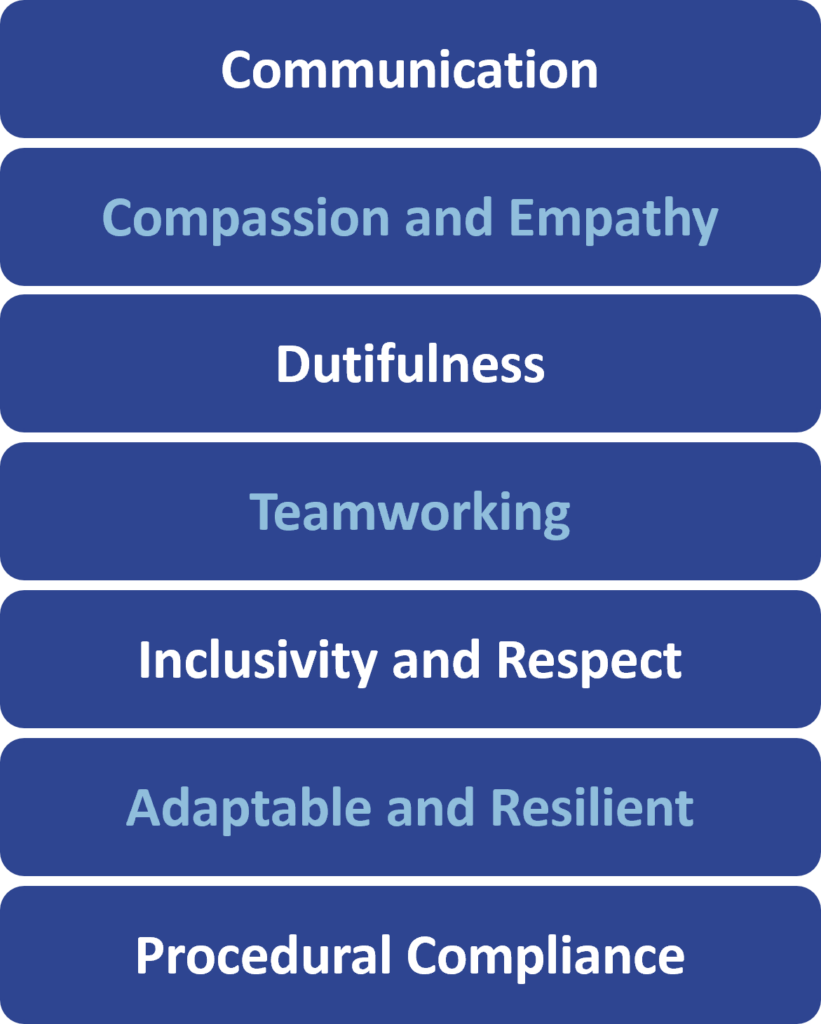
Work Experience and Role-fit in Understanding Candidate Potential
A common assumption in recruitment is that prior work experience is a core indicator of candidate potential. However, the assumption may be somewhat misplaced or overplayed. Research analyses of the prediction of job performance from different recruitment metrics suggest that work experience (i.e. number of years of pre-recruitment experience) is a weak predictor of performance at work. Moreover, compared to other indicators of performance such as standardised tools or structured interviews, work experience exhibits markedly lower validity, suggesting that it does not predict performance outcomes as effectively. This finding is consistent, even when work experience is evaluated as relevant to the job for which the candidate is being hired.
On reflecting on this finding, it is possible to consider why the assumed link of experience to performance is not observed in these studies. For example, all managers experience the variability of staff performance and contribution within their organisations and teams. It is therefore inaccurate to assume that simply because a candidate has been working in a relevant job role in the past, that they were performing well in that role, or that they will be able to adapt their learning from previous work to a new context. Furthermore, work experience does not address the more important consideration of whether a candidate is good fit to the job.
4 main types of ‘fit’
Underlying more structured approaches to candidate assessments used in selection is the concept of person-environment fit, which essentially refers to the extent to which a person’s individual differences (knowledge, skills, abilities, competencies and preferences) are consistent with the demands and characteristics of the work environment. Psychologists have identified four main types of ‘fit’ at work:

- Person-job fit: e.g. the fit of characteristics to job tasks and demands
- Person-team fit: e.g. the compatibility of individuals with the teams they work in
- Person-organisation fit: e.g the consistency of organisational and individual values
- Person-vocation fit: e.g. the extent to which an occupation meets a person’s interests
Studies of the effects of person-environment fit at work indicate that better fit is associated with a wide range of positive outcomes including performance, job satisfaction and commitment at work, tenure (i.e. lower incidence of turnover and higher retention) and helping and supporting behaviours.
Using Care Character for Values-Based Recruitment
Clients using Care Character often ask about ways in which the assessment might be used differently with candidates who have prior experience compared to those who do not. Firstly, based on the above, prior experience is not a reliable indicator of job performance. It is also not necessarily an indicator of job fit. Therefore, regardless of whether a candidate has experience, careful selection is essential.
Care Character is an assessment of the extent to which characteristics and associated behaviours of candidates are a fit with the seven qualities of care. The interviewer report includes structured questions designed to help in interviewing candidates, and these include questions that could be used with candidates with or without prior experience in care.
7 Qualities of Care

Candidates with experience will have had the opportunity to demonstrate the qualities dimensions within the context of work in care. The interviewer report therefore provides some questions that refer specifically to that context and encourage candidates to share their experiences of care work.
Candidates without experience may have characteristics that represent or fit the qualities dimensions, but may have demonstrated these in different kinds of work context or even outside work. Therefore, the interviewer report includes questions designed to explore behaviour in general work situations, or in other relevant settings.
Attract high potential applicants with the right qualities for care from other sectors.
To address the challenges of recruitment in the care sector, it is important that employers are able to attract high potential applicants with the right qualities for care from other industries and sectors. Care Character assists with this task and helps recruiters to establish the fit of candidate characteristics to a career and for work in care. By doing so, the assessment contributes to improving the likelihood that those hired will perform well, be committed, satisfied and fulfilled in their jobs and organisations, and ultimately stay longer in their roles.

Professor Steve Woods
Chief Science Officer at Care Character and Professor of Work and Organisational Psychology, Surrey Business School, University of Surrey
References
Kristof‐Brown, A. L., Zimmerman, R. D., & Johnson, E. C. (2005). Consequences of individuals’ fit at work: A meta‐analysis of person–job, person–organization, person–group, and person–supervisor fit. Personnel Psychology, 58(2), 281-342.
Sackett, P. R., Zhang, C., Berry, C. M., & Lievens, F. (2022). Revisiting meta-analytic estimates of validity in personnel selection: Addressing systematic overcorrection for restriction of range. Journal of Applied Psychology, 107(11), 2040-2068.
Van Iddekinge, C. H., Arnold, J. D., Frieder, R. E., & Roth, P. L. (2019). A meta‐analysis of the criterion‐related validity of prehire work experience. Personnel Psychology, 72(4), 571-598.
